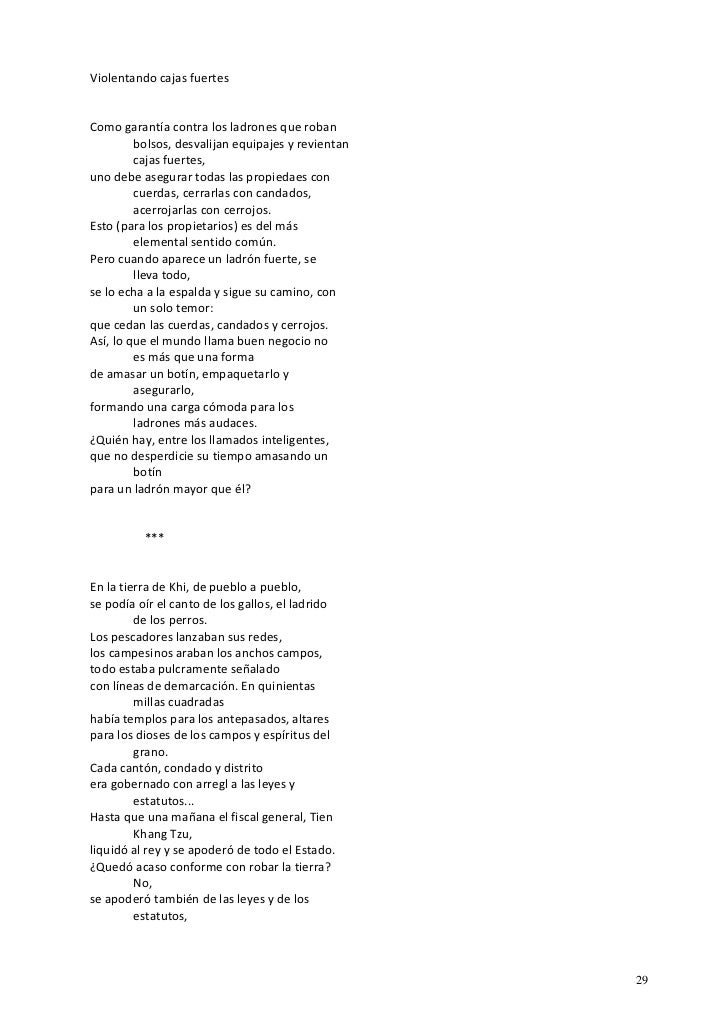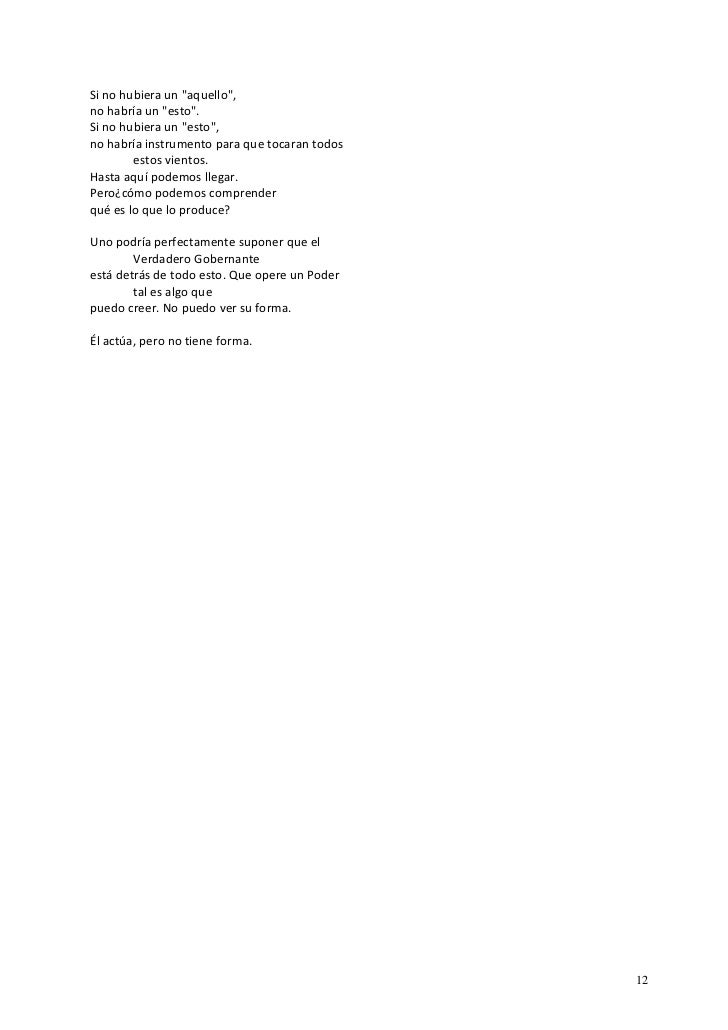

Some might find this to make for a refreshing commentary on it, and others may find it a bit off the mark on occasion. Merton suggests that one shouldn’t confuse Chuang Tzu’s Taoism with what the system has become, the implication being that it was a sound philosophy and became voodoo hokum in modern times.) Merton does inevitably project some of his own worldview as a Christian monk into Chuang Tzu’s teachings. (Taoists may want to skip the intro if they’re prone to becoming infuriated by an outsider proposing that their life philosophy took a wrong turn along the way. However, the intro can also be skipped if you do know a about Chinese philosophy, and don’t care to read a commentary on Taoism inflected with Trappist worldview. In it, Merton gives insight into potentially confusing topics like wu-wei (actionlessness), the yin/yang dichotomy, and the divergence of Taoists from Confucian scholars on the four-fold Ju philosophy of virtue. I’d say the introduction is useful, particularly for individuals without a great deal of background in Taoism. He offers a few pages of introduction as context for the reader, and then moves straight into 62 lessons of Chuang Tzu. Ironically, some don’t seem to see the irony of rambling on in explication of Taoism-a philosophy that advocates simplicity and rebukes the wordy for their arrogance. Because the lessons are short and-admittedly, in some cases-arcane, there’s a temptation to write in a bunch of explanation and analysis-both to hit a page quota and to prove how smart the translator is.


What I like most about this version of Chuang Tzu’s teachings is that Merton doesn’t foul it up with a bunch of analysis. Some may find a fresh fusion in Merton’s approach to Chuang Tzu. Maybe you should and maybe you shouldn’t, but I think Merton did a remarkable job in putting this book together and that there’s a lot to be learned from it. One might ask why a person should learn about Taoism from a Trappist monk any more than one would learn the teachings of St. The Way of Chuang Tzu is Thomas Merton’s take on Chuang Tzu’s lessons of Taoism.


 0 kommentar(er)
0 kommentar(er)
